The twin probes of NASA's ESCAPADE mission, designed and built by Rocket Lab, a New Zealand-based end-to-end space company, successfully launched on a 22-month journey to Mars on Thursday aboard a New Glenn rocket. The mission, led by the Space Sciences Laboratory at the University of California, Berkeley, aims to study the Martian magnetosphere and the planet's loss of atmosphere. The identical satellites, named Blue and Gold after the University of California, Berkeley's colors, are the first Mars-bound vehicles to be designed, built, and tested by Rocket Lab.
According to Lindsay McLaurin, senior communications manager for space systems at Rocket Lab, the kiwis, a nod to New Zealand's national fruit, are a deliberate Easter egg included in the design of the spacecraft. "Rocket Lab has a tradition of hiding kiwis in many areas of its design," McLaurin said. "We're proud to be the first New Zealand-based company to send a mission to Mars, and we're excited to share this achievement with the world."
The ESCAPADE mission is a significant milestone for Rocket Lab, which has previously launched numerous small satellites and spacecraft into orbit. The company's involvement in the mission highlights the growing importance of private space companies in space exploration and development. "This mission demonstrates our capabilities and expertise in designing and building spacecraft for deep space missions," said McLaurin.
The study of Mars' magnetosphere and atmosphere loss is crucial for understanding the planet's evolution and potential habitability. The Martian magnetosphere is a hybrid, meaning it is a combination of a strong magnetic field and a weak one, which is different from Earth's single, strong magnetic field. By studying the Martian magnetosphere, scientists hope to gain insights into the planet's history and the processes that shaped its atmosphere.
The ESCAPADE mission is also notable for its international collaboration. The Space Sciences Laboratory at the University of California, Berkeley, is leading the mission, while Rocket Lab is responsible for designing and building the spacecraft. The mission's findings will contribute to a broader understanding of the Martian environment and its potential for supporting life.
The twin probes are now on their way to Mars, with a planned arrival in 22 months. Once in Martian orbit, they will begin their scientific observations, providing valuable data on the planet's magnetosphere and atmosphere. The mission's success will pave the way for future Mars exploration and development, and highlight the growing role of private space companies in space research and development.



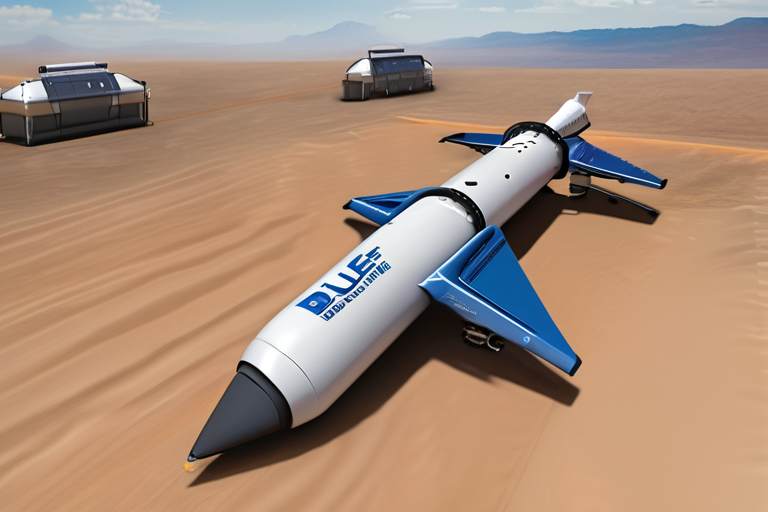
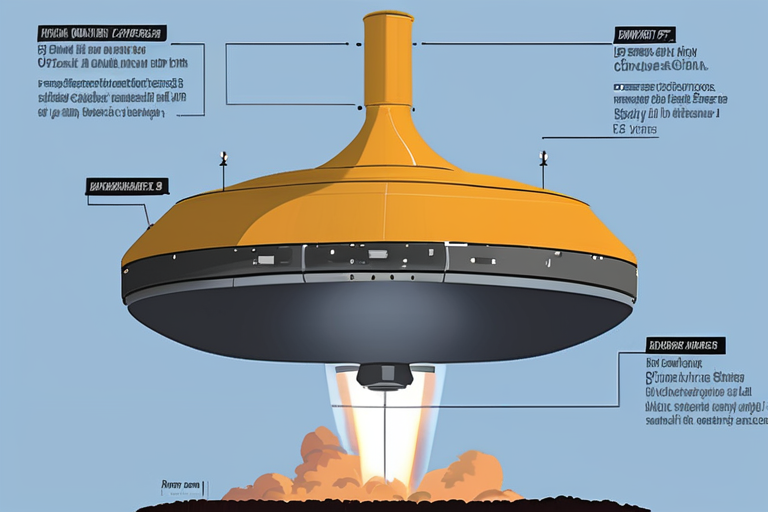

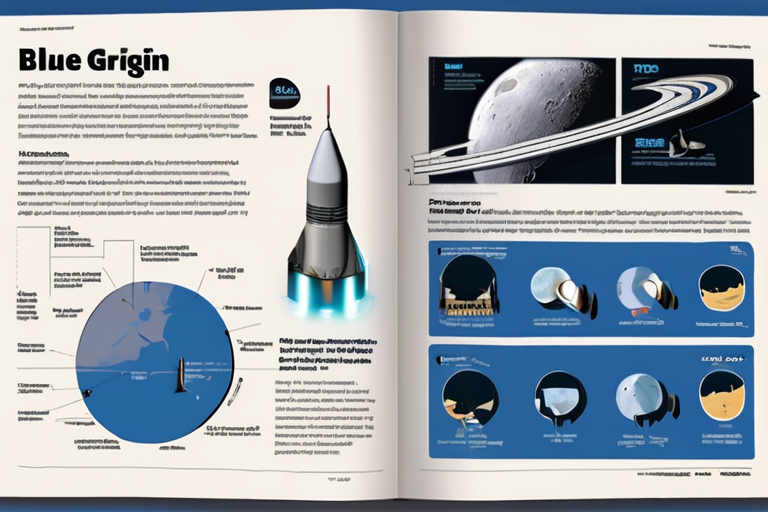




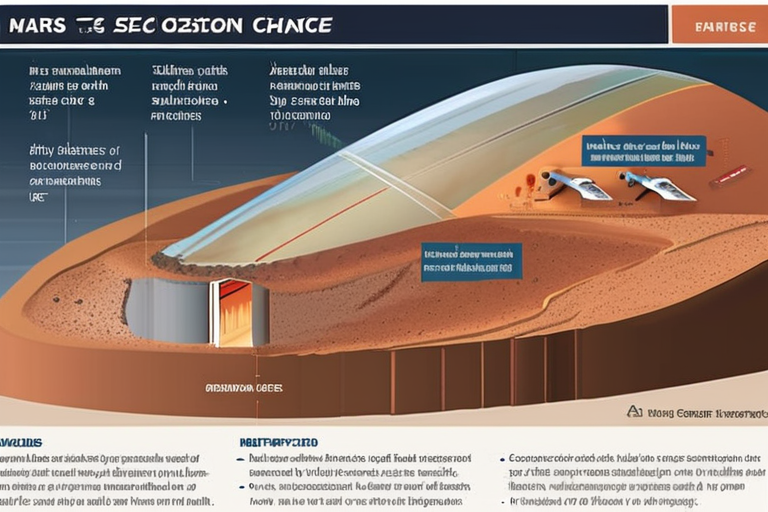





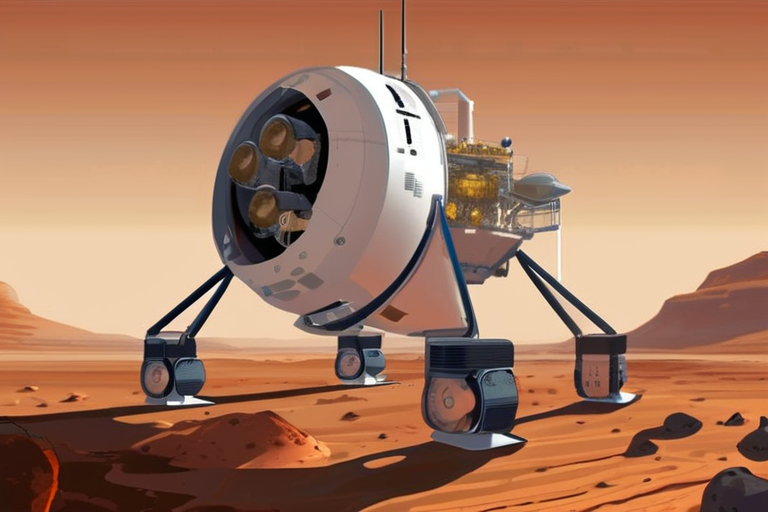
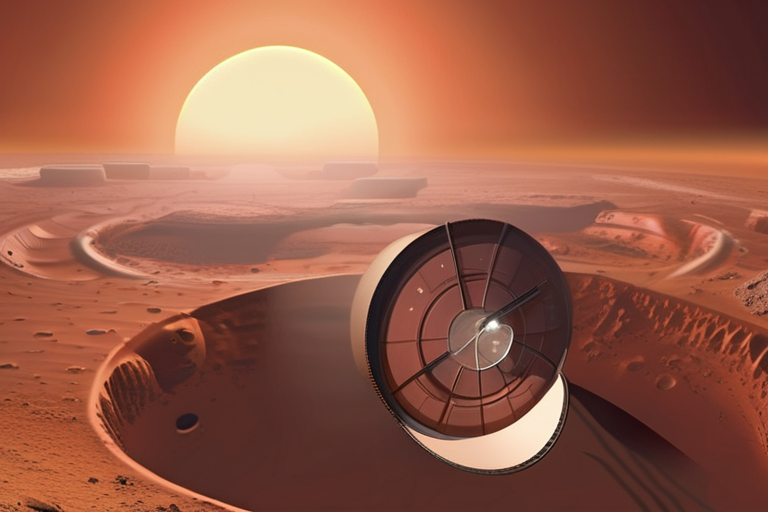
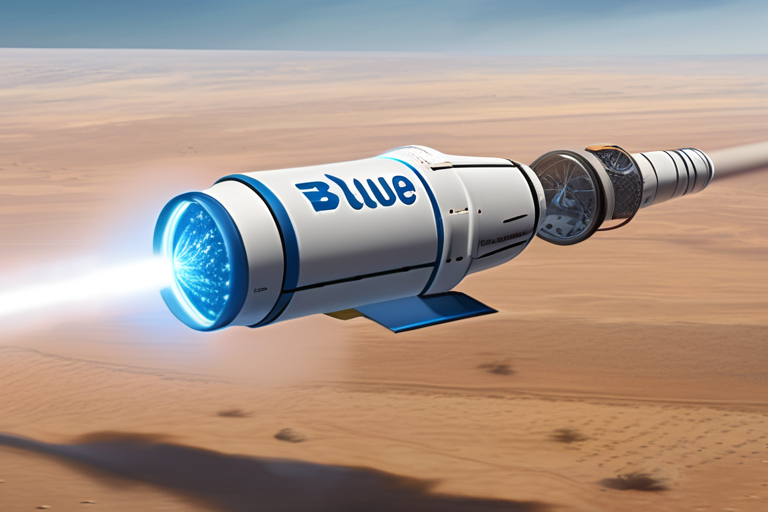
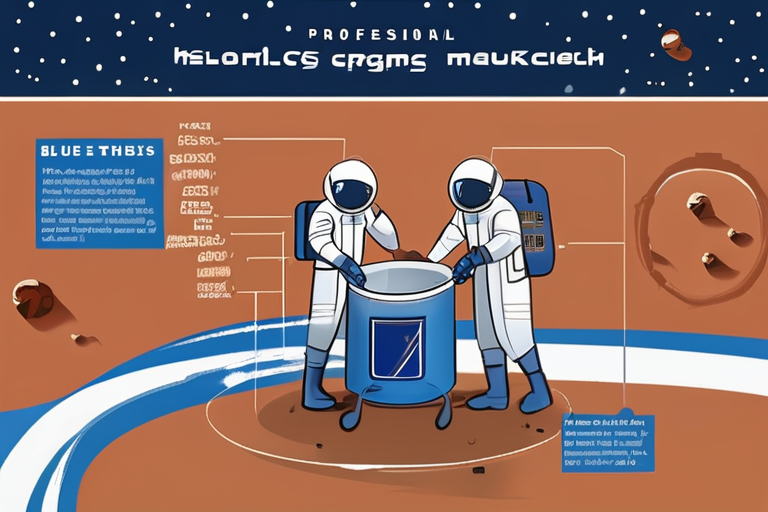






Share & Engage Share
Share this article